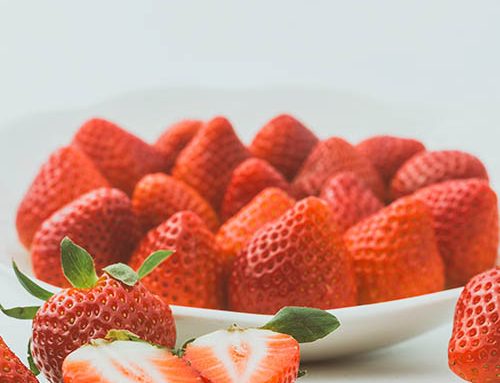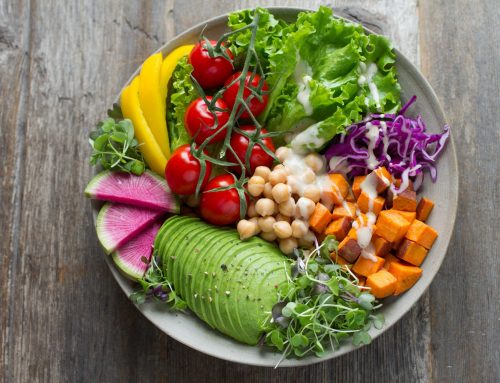Top Vitamins for viral protection
The key vitamins for our protection from corona virus and further complications of COVID19. These vitamins are also vital for many other less serious but more chronic problems, check them out.
Vitamin C
Most of us know that vitamin C is important for immune function, it is a powerful antioxidant. Evidence shows it may help to protect against respiratory conditions, which is particularly relevant right now.
A study in China using 24mg dose infusions of vitamin C is underway to see if it can help fight off COVID-19. Vitamin c is known for reducing inflammatory response and preventing common cold. A few studies have shown that vitamin C deficiency is related to the increased risk and severity of influenza infections.Signs of low levels include;
• Generally poor immunity and increased risk of infection
• Skin conditions e.g. formation of bumpy chicken skin on arms thighs called keratosis pilaris
• Sun-damaged or prematurely aged skin due to poor collagen formation.
• Poor healing of the skin and bruising
• Achy joints due to poor collagen production
• Swollen, bleeding gums
Many of these are quickly resolved with better diet or supplementation
Food Choices
Believe it or not vegetables have higher vitamin C than fruit; raw red pepper contains nearly 3 times as much vitamin C per 100g as an orange. Leafy greens spinach, kale or cabbage about twice as much. The highest fruits include citrus, red berries, kiwi fruits.
Supplementation
Slow release forms are popular because vitamin C is water soluble and the body only absorbs so much (Liposomes are microscopic spheres that carry vitamin C at their core. Their absorption does not depend on vitamin C being digested but offers direct intracellular release.
Vitamin D
Rightly known as the bone nutrient because it regulates the amount of calcium and phosphorus to build our bones Unlike other vitamins, it functions like a hormone and every single cell in your body has a receptor for it, this means it’s important. Your body makes it from cholesterol on sun exposure.
Vitamin D supports a robust immune system and mental health, it both stimulates and suppresses inflammation helping to regulate immunity. It may also possess anti-viral properties. There is some evidence of prevention from viral acute respiratory infection as occurs with serious cases of COVID19.
Food choices
Vitamin D is found in small amounts in oily fish like mackerel, salmon also liver and fortified dairy products, although it’s difficult to get enough from diet alone. The best source is sunlight, our body produces it through exposure to the UVB rays in sunshine. We are currently getting lots of sunshine so enjoy being outdoors! Signs of low levels include
• Achy joints
• Depression
• Low mood and fatigue
• Weight gain
Risk factors include;
Having dark skin, ageing, being overweight, living in far from the equator where there is little sun year-round, always using sunscreen when going out and staying indoors.
Supplementation
I always recommend checking your vitamin D status before taking supplements, because it’s fat soluble and the body can store it. Testing will tell you if need a maintenance or a therapeutic dose. It can be done at home fairly cheaply https://www.vitamindtest.org.uk/fairly
However, if due to current confinement it is not available because we are at the end of winter it’s safe to assume that you’re low in vitamin D, because most of the UK population is by March.
Public Health England recommends an average daily intake of 10-20 micrograms, 400–800 IU/day through the winter. However, some studies suggest that a higher daily intake of 1000–4000 IU (25–100 micrograms) may be more optimal and it is difficult to obtain enough vitamin D in the winter.
Vitamin A
A well-known vitamin for maintaining vision, preventing night blindness promoting growth and development and protecting skin and gut wall and mucus integrity in the body enhancing immune function. It is involved in the development of the immune system and regulates immune responses.
Viral growth and activity are partly regulated by vitamin A and its involved in the growth and differentiation of mucosa-associated airway epithelia. So important for current viral protection of lungs. Also protect the gut lining aiding immunity. Indications of low levels
• Dry eyes, or the inability to produce tears, if severe can lead to night blindness
• Inflammatory skin conditions. Like Dry skin or eczema as it has an important role in skin repair and helps fight inflammation.
• Fertility issues for both men and women, may also lead to miscarriages or birth defects.
• Acne has been associated with low vitamin A levels both oral and topical forms of vitamin A are often effective at treating acne
Food Choices
You will find it in beef and eggs while vegetarians sources provide carotenoids, which the body can convert to vitamin A, include carrots, sweet potato, mango, spinach, dried apricots and red pepper.
There is a lot of general free advice available, do you want to sort out fact from fiction? Personalised nutrition is not a one size fits all approach but gets to the root the cause of symptoms. I can help you on this journey with bespoke nutrition and lifestyle recommendations for protecting and balancing your health. For more information request a Discovery Call







